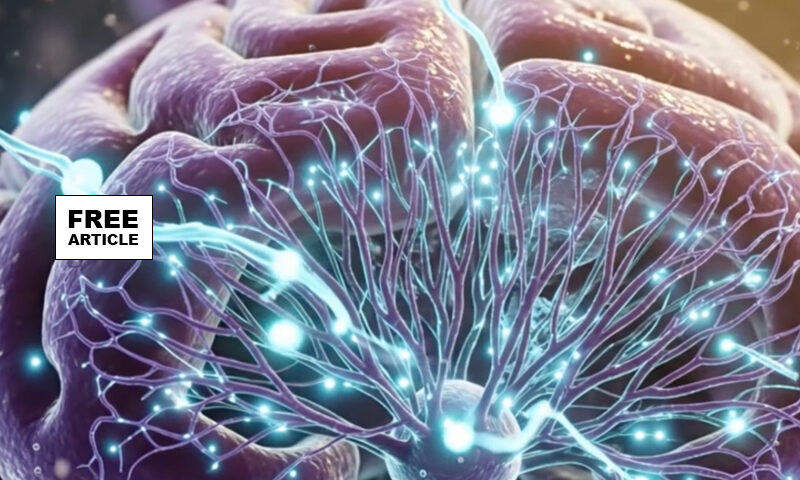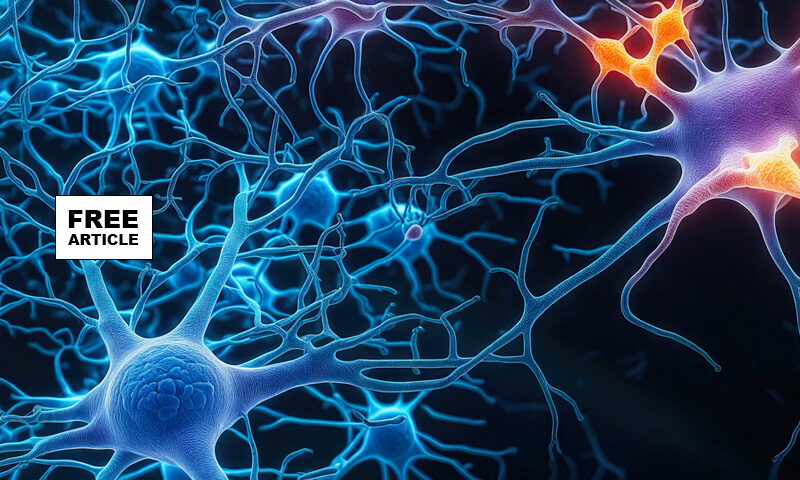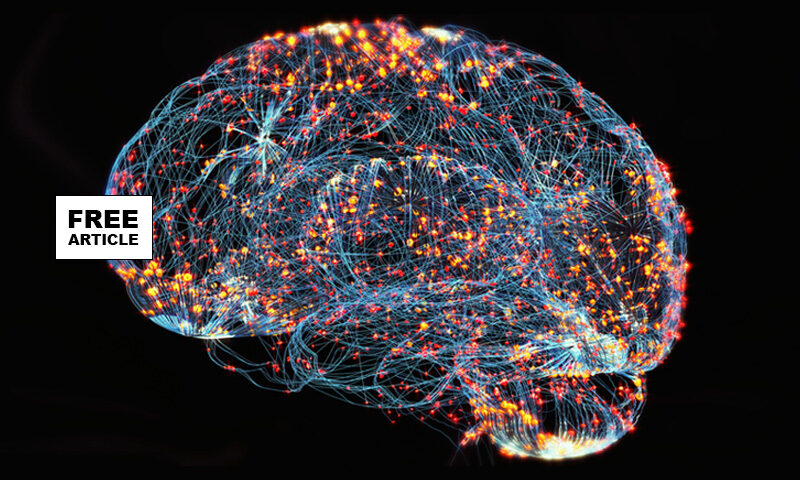Why Women Are More Susceptible to Neurodegeneration & A Commonly Used Drug, Metformin May Be Protective
Multiple sclerosis and Alzheimer’s disease each affect women more often than men, about two to three times as often. Also, two-thirds of healthy women have ‘brain fog’ during menopause. Hormones such as estrogen clearly play a role, but their decline does not fully account for why female brains appear more vulnerable to neuroinflammatory and neurodegenerative processes.







